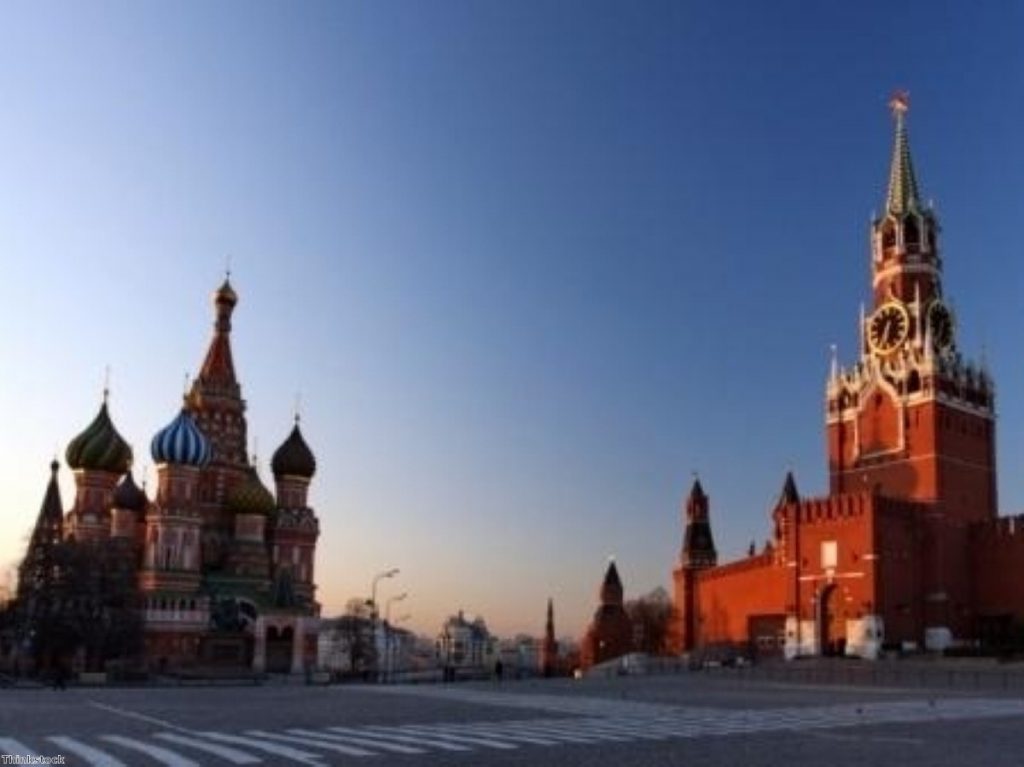Analysis: Why cynicism and money control UK-Russian relations
New evidence of Russian espionage in Britain triggers the same old suspicions towards Moscow. The truth, as the UK government admits behind closed doors, is much more complicated.
Katia Zatuliveter has achieved a lot in her 25 years. She’s spent the last two-and-a-half of them working for Liberal Democrat MP Mike Hancock, having persuaded him that taking her on would prove invaluable in helping develop his own interest in Russia. Unfortunately she’s also been working for the Russian intelligence services, it’s been alleged this week. MI5, uncomfortable with her access to parliamentary documents, intends to “show her the door”.
Her impending deportation has dismayed Hancock, who was thoroughly enthusiastic about her activities when I interviewed him about his attitude to Russia in January. “I get a lot of knowledge – because she takes the time and trouble to read what the Russian media are saying – about events in Britain, for example. You get a different feel for the issue.”


The Portsmouth South MP demonstrated the different attitude she had helped engender earlier this year in a story called ‘MP plots new Russian rapprochement’. At the time then shadow foreign secretary William Hague was visiting Moscow, starting to develop a relationship with his counterpart Sergei Lavrov. Hancock was enthusiastic but wanted more. “There’s two sides to every story,” he said. “You cannot ignore them. You have to engage.”
His comments seemed sensible then. In the light of what has emerged in the last week, now they look rather more foolish. A prominent member of the all-party group on Russia, Chris Bryant, has condemned Hancock outright. Yet his broader attitude isn’t that of a deluded, misled crank. It’s the policy of the British government.
What both Hancock and ministers realise is that Russia isn’t just about espionage and the Cold War. These days, Russia is all about money.
Last month business secretary Vince Cable led a delegation to Russia. It was the latest in a series of major lobbying efforts by the UK government. High-profile trips to India and China have hit the headlines. The Russian outing was more low-key, but the purpose was the same.
“The UK is consistently one of the biggest foreign investors into Russia, and proud to be so,” Cable said at the start of his three-day trip.
“So far this year, we have exported nearly £2 billion of goods and services to Russia and I hope that, through delegations such as this, trade relations will continue to grow between our two countries.”
This is the usual diplomatic talk, but it’s backed by hard numbers. UK exports to Russia in the year to August were £1.9 billion, up over a third on the previous 12 months. Total trade is worth over £6 billion. Over 600 British companies are active in Russia, making Britain one of the largest direct foreign investors in Russia.
Money talks. This is why Britain’s relations with the Russian government have endured the increasingly outrageous behaviour of Russia’s leaders on the world stage. From the assassination of Alexander Litvinenko to the August 2008 invasion of Georgia, Russia has pushed its luck – and got away with it. Pressing the ‘reset’ button, which Russian diplomats have been so keen on doing, has been very easy.
London is not a sell-out, though. Foreign Office officials, tired by decades of experience, have learned that dealing with Russia requires wariness as well as enthusiasm. Returning to the world stage as a major player in the 21st century’s multipolar world, it’s been clear for the last five years or so that Russia intends to project its power in the same old ways. That involves espionage, plain and simple. While Foreign Office officials find it unacceptable that a state like Russia attempts to gather information by planting spies in Britain’s parliament, they don’t think it’s a good enough reason to turn their back on Russia completely.
Zatuliveter’s case highlights all the agonies Britain faces in dealing with one of its largest trading partners. Her employer, Hancock, is right to flag up the importance of dealing with Russia. “You have to see the all-embracing problem that you can’t ignore the biggest country in Europe,” he pressed. Perhaps his mistake is overlooking that Russia’s clumsy but genuine advances are accompanied by indiscreet fumblings, too.












